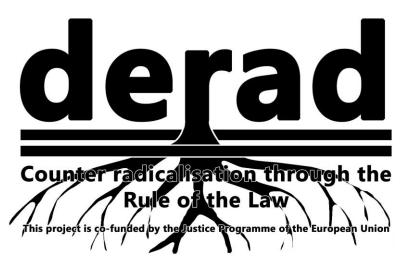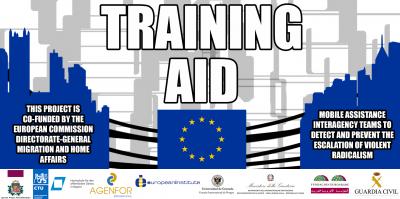Abstract
The recent violent prison strikes in France have contributed in shedding new light on how institutional actors interact within radicalisation phenomena and what consequences wrong political, tactical and judicial decisions may have on a security level, particularly on the prevention of violence within prisons. The European policies adopted by several EU Member States after 9/11 focus mainly on perpetrators and their profiles to prevent phenomena of terrorism and radicalisation. Unfortunately, they consider only one aspect of the multiple fronts, namely the inmates and suspicious radicals with their narratives. Mainstreaming strategies are based upon old-fashioned concepts of the preventive armamentarium of the 90th, which combine environmental crime prevention with the sociological and psychological approaches from the 70th. Outside prison environments a parallel mass-surveillance system is being deployed by LEAs and intelligence agencies to intercept early signs of radicalisation through population screening, using old epidemiological methodologies to sample high risk suspects and administratively act against them through preventive measures based on contested risk assessments. Fortunately, ideas are not diseases, normally, and these operations present high levels of false negative and positive, with a primary impact on the defiance of subcommunities, which feel labelled and criminalized and therefore are disenfranchised from citizenship and institutions. Considering the importance of ‘early detection’ in the pre-crime area, a cornucopia of new alleged and wellpaid ‘experts’ are recruited at the EU and MS Levels, pretending to interpret these signs of radicalisation through bizarre interpretations of Islam or Islamophobic tools based upon socio-psychological theories aimed at addressing the ‘root causes’ of terrorism. They analyse ‘suspect’ behaviours through different ideological and divisive lenses (‘British values’, ‘moderate Islam’, ‘mainstreaming behaviours’, conformist ideas’, ‘laïcité against religions’, etc.), which contribute in the polarization of the societies and undermine the basis of social cohesion. In this framework, the French strikes have contributed in bringing back practitioners, stakeholders and politicians to the brutal reality of our daily world and have revealed the existence of real and well-known prison dynamics behind violent behaviours from an all-actors perspective, where the interaction between first line practitioners and stakeholders with perpetrators may set off multivariable (and often unexpected) outcomes.
March, 20 2018.
Security, Defence & Migration




